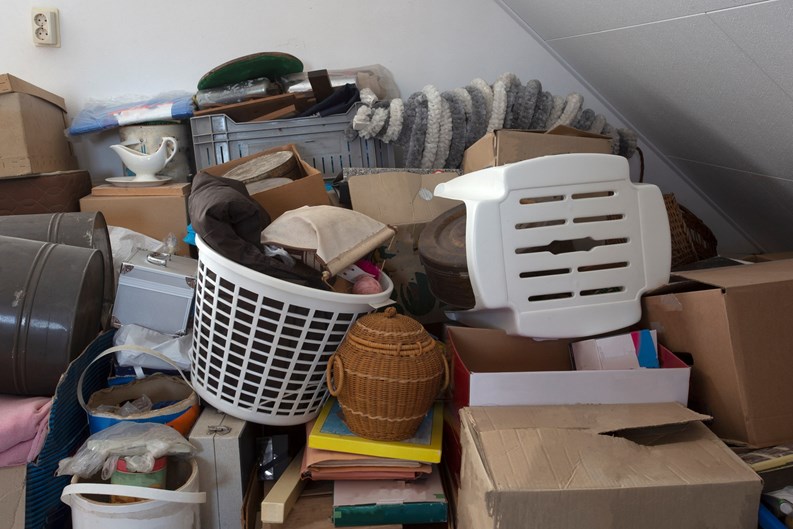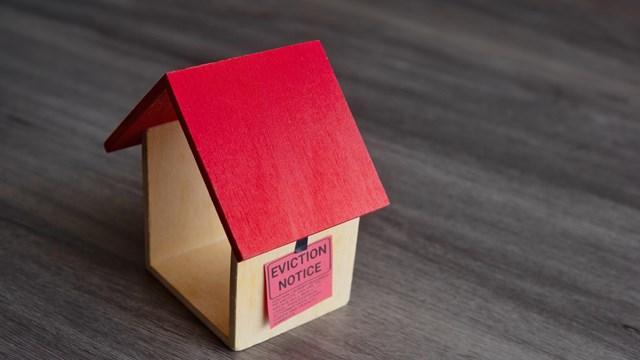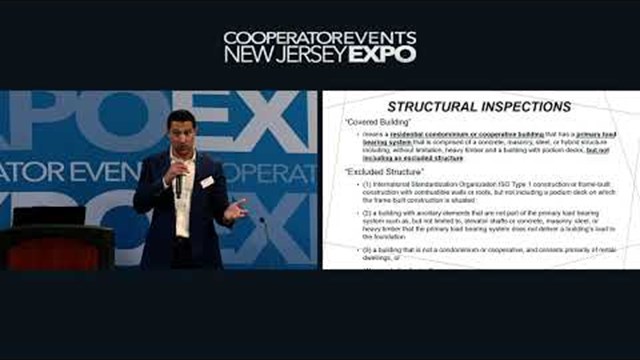In a multifamily building, residents who compulsively collect and hoard items - whether it be old newspapers and magazines, canned goods, pets, or even garbage - pose a threat to the safety and health of their neighbors, as well as a liability to the community in terms of curb appeal and property values.
Unlike in a suburban single-family home setting, where neighbors might complain about a hoarding situation from across the street, high- and middle-rise residents are only separated from their neighbors by a few layers of drywall. Add hoarding to the close quarters, and conditions quickly become dangerous. Squalid, overstuffed units are fire traps, as well as breeding grounds for insects and vermin. They can also be the source of offensive odors, water leaks, and other nuisances. It’s not even unheard of for the sheer weight of a hoard to cause structural damage to the building itself.
Whose Rights?
Under the Americans with Disabilities Act (ADA), Hoarding Syndrome – the set of behaviors wherein a person’s obsessive compulsion to amass items regardless of the items’ actual worth is negatively impacting their life and relationships - is a mental illness. As such, people suffering from it are protected from discrimination in housing; landlords cannot evict residents solely for hoarding behavior, if that behavior is part of a recognized and diagnosed mental illness.
However, if a resident’s hoarding is posing a health or safety risk to themselves or their neighbors, the landlord - or the board, in the case of a co-op or condo - is legally responsible to address the issue. For the neighbors of a hoarder whose behavior has become everyone’s problem, the first move is to alert the board and/or manager of the situation, and to keep dated records of interactions, incidents, and any other hoard-related problems. A neighbor, board member, or manager can also call 311 to report odors, vermin, or other hoarding-related issues to the city Department of Health and Mental Hygiene. In the case of senior residents who may lack support systems, it may be helpful to reach out to Adult Protective Services, who may in turn appoint a guardian for the resident.
The Legal View
“Before proceeding to legal remedies,” says William McCracken, a partner with NYC-based law firm Moritt Hock & Hamroff, “it’s usually advisable to try and involve family members or other loved ones, as these situations often arise when the shareholder reaches a certain age where they could benefit from social services or other individualized help.”
If a softer touch fails and a hoarder does not comply with requests to remedy the situation, a landlord or ownership entity - ie, the cooperative corporation - may have to escalate - even to the point of initiating an eviction in Housing Court.
“Co-ops have several options for dealing with hoarding conditions,” says McCracken. “The co-op could issue a notice to cure for failure to maintain the apartment in good repair, which would start the clock on getting the condition remedied. In some cases it may be preferable instead to prepare a notice of objectionable conduct. If the shareholder refuses to do anything about the problem, either course of action could lead to the termination of the proprietary lease.”
“A shareholder is governed by the cooperative's proprietary lease and house rules,” says Chris Tarnok, a Partner at DL Partners Law Firm in New York. “Generally speaking, the proprietary lease and house rules may contain provisions addressing odors and noises, prohibiting shareholders from allowing any unreasonable noise or odor that interferes with the rights of others in the building. If the hoarding of garbage comes to the point that it becomes objectionable (i.e., impacting other shareholders whether by odor, noise or pests, etc.), depending upon the provisions in the governing documents, the shareholder may be required to remedy the objectionable condition upon notice from the lessor. Proprietary leases usually have provisions addressing lessor rights/remedies in the event objectionable conditions remain uncured by the shareholder. At the end of the day, it all depends upon the facts and circumstances and the provisions set forth in the governing documents, which can vary between buildings.”
“It can be more difficult in condos,” McCracken continues, “because condos do not have the threat of eviction backing their threats. Condos may be able to issue fines, and may even be able to go to court and get an order directing the unit owner to clean up the unit, but it is an especially good idea in condominiums to have a list of next of kin available so you can try to activate family caregiving networks for unit owners susceptible to hoarding.”
“Whatever the board does, and no matter how tricky or delicate it is to deal with the shareholder and/or their family,” McCracken concludes, “they cannot ignore the issues, because hoarding conditions can put the entire building at risk.”










Comments
Leave a Comment